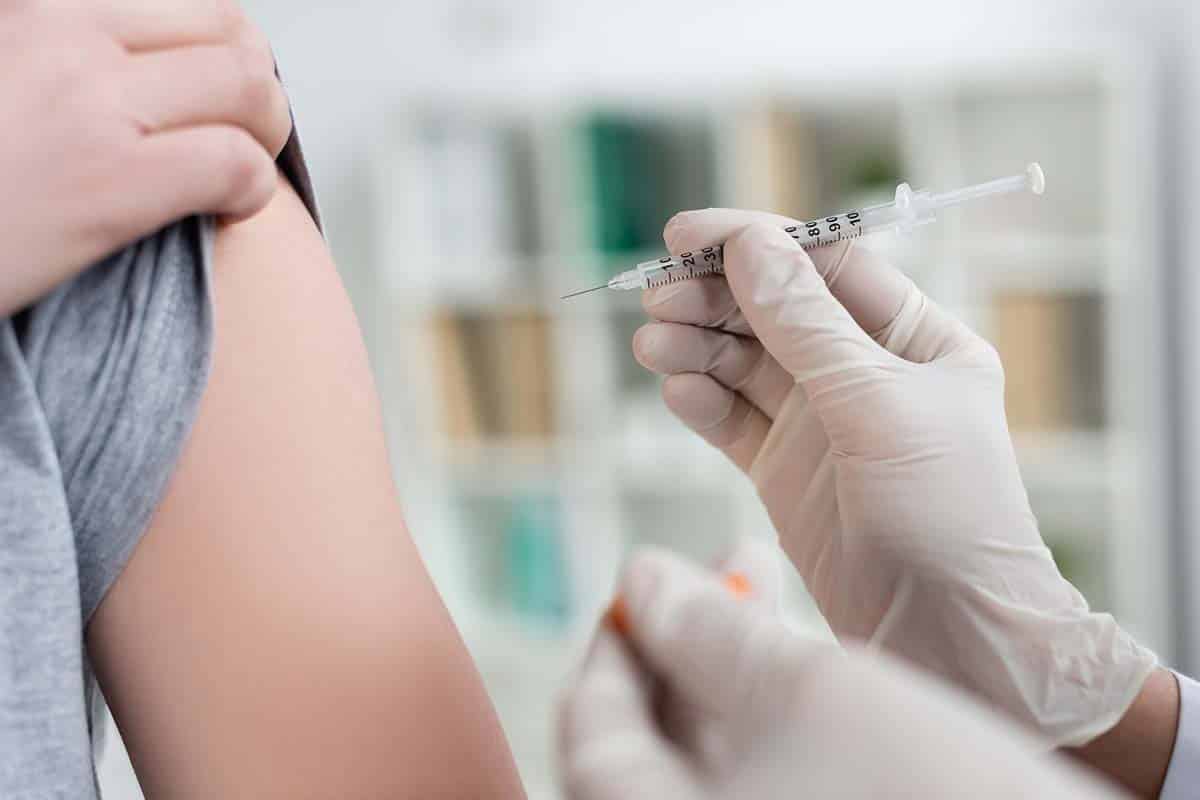Vaccination campaigns against influenza and COVID-19 will start in all autonomous regions at the end of September and will continue throughout October. This was the decision taken by the Public Health Committee at its meeting on Tuesday, where new recommendations for the event were also presented.
At the meeting, regional officials and the Ministry of Health also approved recommendations for respiratory syncytial virus (RSV) immunization of high-risk infants (premature infants under 35 weeks of age, those with severe immunosuppression, those with Down syndrome or those receiving palliative care) Vaccination. Others) and infants under 6 months. In this area, the committee maintained the same standards it had already stated in July, when it estimated that children under 24 months of age who were at high risk of severe disease should start, given uncertainty about the supply of the drug.
Once this group is vaccinated, children under six months of age will be vaccinated, with priority given to those born during the period when the virus is most present, who will receive nirsevimab as early as possible, within 24 to 48 hours after birth. The goal is to vaccinate all infants under 59 months of age by October.
COVID-19 and vaccines
Regarding the combined influenza and COVID vaccine, this will be the third campaign to vaccinate both vaccines, with SARS-CoV2 giving the fifth dose to high-risk groups. Recommended for people over 60 years old; People over 5 years old living in residential and disabled centers or long-term institutions, and residents of closed institutions; People under 60 years old with high-risk diseases such as diabetes, cancer, kidney disease, pregnant women Three-month-old pregnant and postpartum women and cohabitants of immunosuppressed people.
Also included are staff in public and private health and social care centres, including community pharmacies, which was not foreseen in the recommendations approved in July. Likewise, essential public service workers are included.
In addition to the above groups, influenza testing is also recommended for people between 5 and 59 years of age who are at higher risk of complications (people between 5 and 18 years of age receiving long-term treatment with acetylsalicylic acid and smokers), students interning in the following countries : Bringing together health and social hygiene workers and persons with direct occupational contact with poultry, pig or mink farms or animals or their secretions from farms or wild animals.
As always, the calendar for each region will be the responsibility of each autonomous region, and when applying vaccines, it is best to choose vaccines adapted to new variants. The European Medicines Agency has authorized the Pfizer vaccine, called Cominatry Ómicron XBB.1.5, for use in the EU.
Moderna’s vaccine, which has already received FDA authorization, and Novavax, which unlike the first two are not messenger RNA, are expected to join the list.On Monday, at a meeting organized by the Health Information Association (Anis) and Novavax, several experts expressed the recommendation to use newer Covid-19 vaccines in the next vaccination campaign
As explained, these are monovalent vaccines containing the spike protein S of the XBBB.1 lineage (and sublineages XBB.1.5 and XBB.1.16). Toni Lloret, Novavax’s general manager for Southern Europe, assured that Novavax has successfully adapted “our monovalent coronavirus vaccine to the new omicron variant.”
Questions remain about the effectiveness of the Hipra vaccine. The World Health Organization warned in July that the Spanish-origin compound did not contain ingredients recommended by the organization and therefore did not meet the standards set by the organization (nor the FDA and EMA) to prove it could protect against new variants. This is the case with omicron. However, Minister José Miñones announced that additional booster doses of Hipra (Bimervax) will be administered in October for health care workers and people over 60 years old.
The Spanish government has invested 31 million euros to buy 3.2 million vaccines from the pharmaceutical company, despite advice from the world’s leading regulators that the vaccine may become obsolete due to virus mutations. Regarding the right to purchase 250 million doses of vaccine, several EU countries have signed up, but apart from Minister Mignones’ announcement, it is not clear whether any country has implemented this right.

